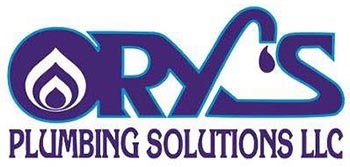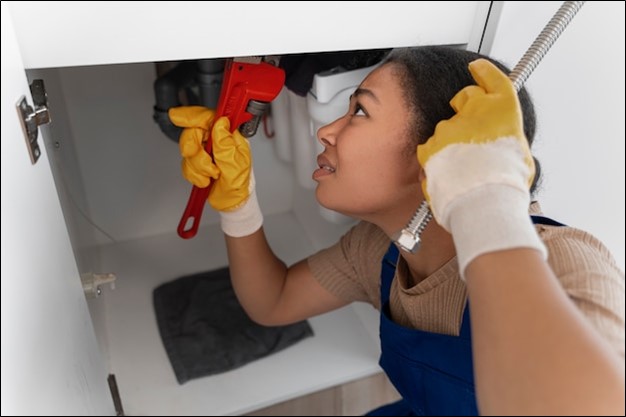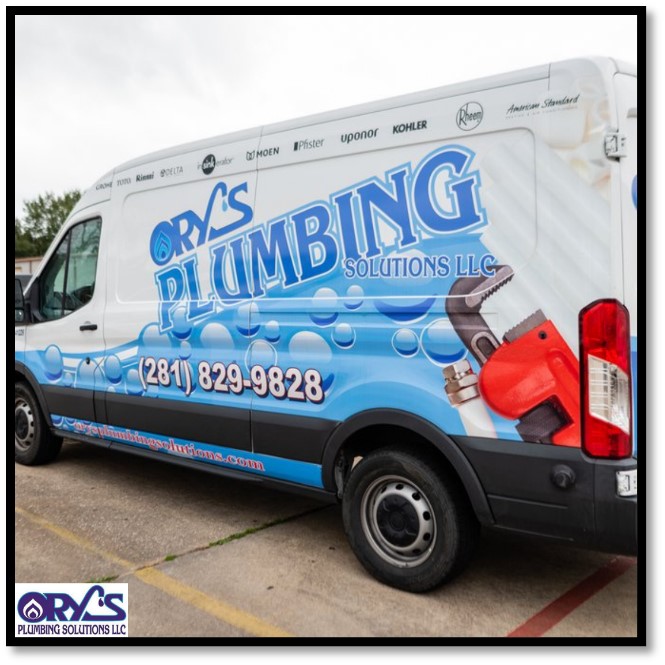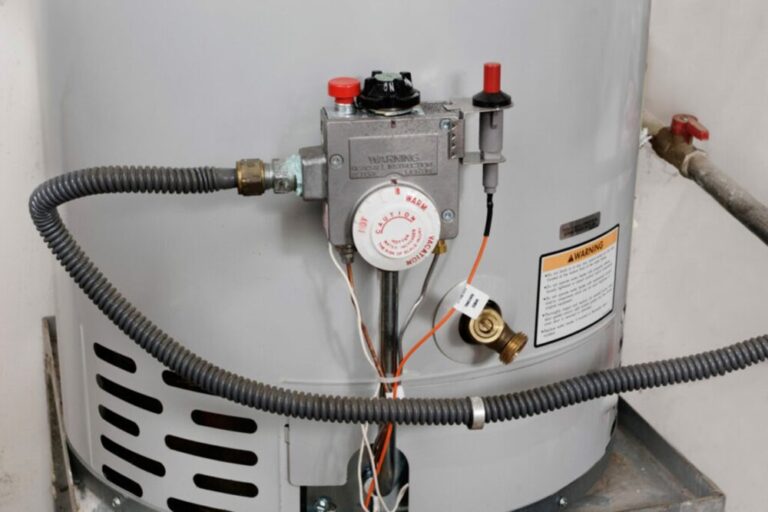Hot Water Showdown: Traditional Tank Water Heaters vs. Tankless
When your trusty old water heater finally gives up the ghost, it’s not just about getting hot water back ASAP. It’s a chance to upgrade to a water heater that better suits your household’s needs. Let’s break down the pros and cons of traditional storage tank water heaters and the increasingly popular tankless options.
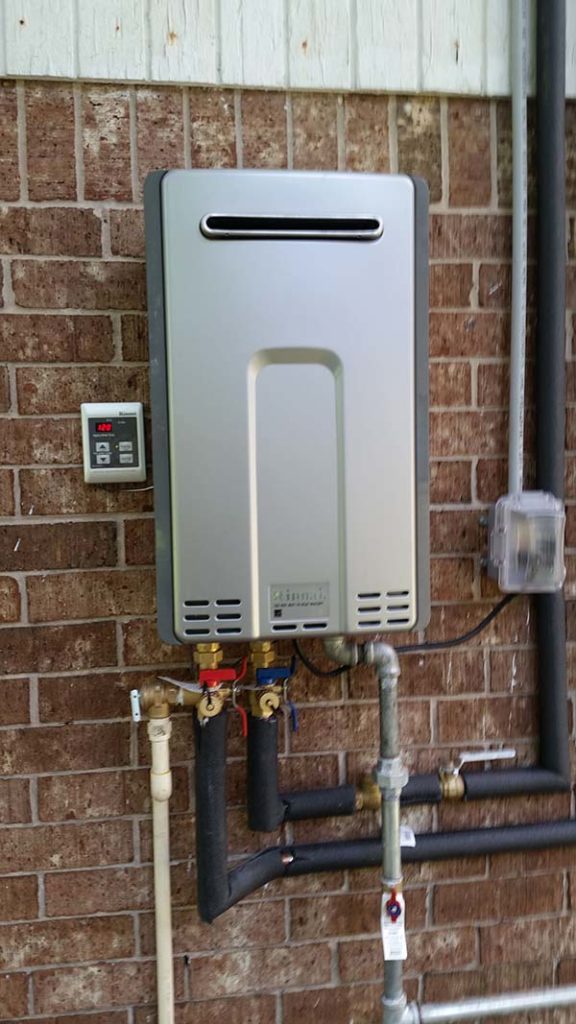
Traditional Tank Water Heaters: The Ol’ Reliable
- How It Works: A large tank stores heated water, ready for use. When hot water is used, cold water refills the tank, and it begins reheating, maintaining a constant supply.
- Pros: Typically lower upfront cost to purchase, familiar technology for most plumbers, good for homes with simultaneous hot water demand (multiple showers at once).
- Cons: Tank takes up space, energy wasted keeping stored water hot even when not in use, lifespan is limited (usually 8-12 years).
Tankless Water Heaters: The Efficiency Star
- How It Works: Powerful heating coils superheat water on-demand as it flows through the unit. No storage tank means hot water never really “runs out.”
- Pros: Compact size saves space, heats water ONLY when needed for increased energy savings, longer lifespan (can last 20+ years).
- Cons: Higher initial cost, may not be able to keep up with high simultaneous demands (think large family taking back-to-back showers), installation can be more complex.
Factors to Consider When Choosing
- Household Size & Hot Water Habits: Larger homes or heavy hot water use might favor a tank’s reserve or high-capacity tankless units.
- Space Constraints: Tankless units win for freeing up closet space in smaller homes or for creative installations when maximizing space is important.
- Energy Efficiency Goals: Tankless units can significantly lower your energy bills over time, offsetting their higher purchase price long-term.
- Budget: Traditional tanks generally cost less upfront, but factor in the lifespan and energy efficiency differences when looking at long-term cost.
Additional Considerations
- Fuel Source: Both traditional and tankless models come in electric and gas versions. Your home’s setup will impact the options available to you.
- Water Hardness: Areas with hard water may need additional water softening equipment to combat mineral buildup, especially for tankless units.
- Professional Installation is KEY: Especially with tankless systems, proper installation is critical to ensure it works efficiently and meets your needs.
Ory’s Plumbing Solutions: Your Hot Water Guides
We don’t just install; we help you make smart choices:
- Needs Assessment: Our team discusses your hot water usage patterns and priorities for budget, efficiency, and space.
- Options & Honest Comparisons: We’ll present traditional and tankless solutions with upfront pricing, so you can compare.
- Expert Installation: Ensures the water heater you choose performs as intended, with warranties and quality workmanship.
- Maintenance to Maximize Lifespan: No matter your choice, routine maintenance helps keep it running reliably for years to come.
Ready to explore a water heater upgrade? Contact Ory’s Plumbing Solutions for a personalized consultation and find the perfect hot water solution for your home.
